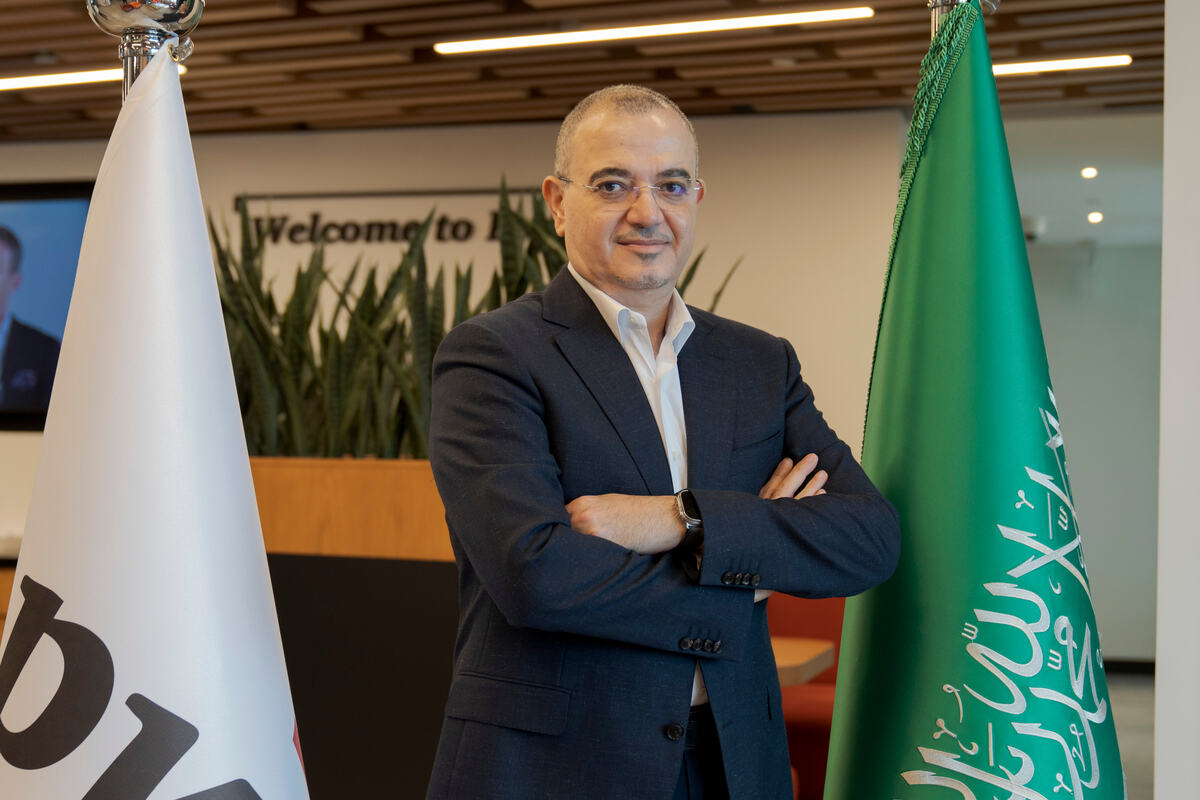
Saudi CEOs anticipate that GenAI will significantly change the creation, delivery and capture of value in the next three years
Saudi Arabia is at the forefront of transformation, with its Vision 2030 leading an ambitious pathway to the future. Findings from our 27th Annual CEO Survey spotlight this journey, offering key insights that reflect robust optimism among future-forward CEOs as they continue to drive change with tech innovation and climate action in the Kingdom.
In our Middle East survey, regional leaders revealed similar sentiments, with 73 percent indicating that they were optimistic about the region’s economic growth in 2024, significantly higher than 44 percent of CEOs globally, reflecting on their own territories. The confidence has been even greater in the GCC, with 81 percent of leaders expecting growth prospects in their countries to improve this year.
The tide of optimism in Saudi Arabia
In Saudi Arabia, a significant 89 percent of CEOs are optimistic about the Kingdom’s economic growth in the next 12 months, clearly surpassing the global, Middle East and GCC averages. This is a testament to the confidence instilled by the government’s strategic reforms, aimed at diversifying the economy away from oil, investing in public service sectors such as health, education, infrastructure and tourism, and creating a more competitive and vibrant private sector. I find this optimism a cornerstone for driving the pioneering initiatives in the country, contributing to the nation’s remarkable economic growth. According to the OECD annual report, “OECD Global Economic Prospects”, for the years 2022 and 2023, Saudi Arabia achieved the highest GDP growth rate among the G20 countries.
Despite global uncertainties, such as geopolitical conflicts and inflation, sitting on the minds of Saudi business leaders, a significant 83 percent of CEOs in the Kingdom have expressed confidence in their organisation’s revenue potential over the next three years. This indicates that organisations are ready to navigate uncertainties by remaining agile and resilient in the face of adversity.
Embracing transformation and tech innovation
In the region, as we continue to digitise, decarbonise, localise, privatise and modernise, CEOs are actively prioritising innovation and reinvention. In our Middle East survey, almost half of regional leaders indicated that their business would fail to be economically viable a decade from now if they do not evolve, up from 35 percent last year. In Saudi Arabia, there’s an equally strong commitment to transform, with 60 percent of CEOs (compared to 56 percent globally) citing technological change, and 69 percent (compared to 49 percent globally) indicating customer preference as key factors driving significant business model transformation in the next three years.
In order to thrive in this dynamic landscape, CEOs are ready to embrace emerging technologies, particularly GenAI. In the Kingdom, more than half of the CEOs (54 percent) believe that GenAI will enhance their product and service quality within the next 12 months. In addition to this, 66 percent of Saudi CEOs anticipate that GenAI will significantly change the creation, delivery and capture of value in the next three years. This strategic pivot towards technology, especially in a region historically dominated by oil, resonates with a global shift towards innovation-driven growth.
A substantial 71 percent of leaders in Saudi also indicated that in the next three years, GenAI would require most of the workforce to develop new skills, a little more than the global average of 69 percent, while 74 percent anticipated a significant impact on their company’s competitive advantage in their respective industries as a result of embracing GenAI — again, higher than the global average of 68 percnt.
Building climate resilience as a competitive advantage
One of the most inspiring developments in the Kingdom has been the shift towards sustainability and climate resilience. We find a renewed determination among leaders in the Kingdom, with almost a third identifying climate change as a major concern, higher than the 15 percent who stated this regionally and 12 percent who marked this as a concern globally.
With 60 percent of Saudi CEOs focusing on improving energy efficiency, more than half innovating climate-friendly products and around 43 percent incorporating climate risk into financial planning, the Kingdom is aligning economic ambitions with environmental stewardship. Leaders now realise that economic prosperity and environmental responsibility are not mutually exclusive but mutually reinforcing and acknowledge that more needs to be done by organisations to adopt sustainable practices.
A focus on innovation and sustainability
As the Kingdom continues to invest in innovation and sustainability, CEOs in the Kingdom must continuously innovate their business strategies, prioritising risk management amidst geopolitical tensions and supply chain vulnerabilities.
Embracing technological advancements such as GenAI and responding to shifting customer preferences are essential for sustaining business growth and competitiveness. Moreover, a robust focus on cybersecurity measures is critical to safeguarding business operations in an increasingly digital world.
And finally, in alignment with the regional sentiment, CEOs in Saudi Arabia are leading the charge, with 60 percent keen to improve energy efficiency of their businesses, while more than half are innovating new climate friendly products, services or technologies, to appeal to a more climate-conscious consumer. CEOs in the Kingdom should continue to persist in investing in sustainable initiatives, leveraging the nation’s entrepreneurial spirit to reinforce the shift towards a greener economy.
The author is Riyadh Al Najjar, chairman of the PwC Middle East network. The position complements his role as the KSA Country Senior Partner, as well as the role of Middle East Management Consulting leader.
Riyadh Al Najjar is passionate about transformation, the future of work and digital upskilling. He holds a bachelor in computer science and mathematics from Texas A&M University – Commerce. He is fluent in English and Arabic.
For more op-eds, click here.
